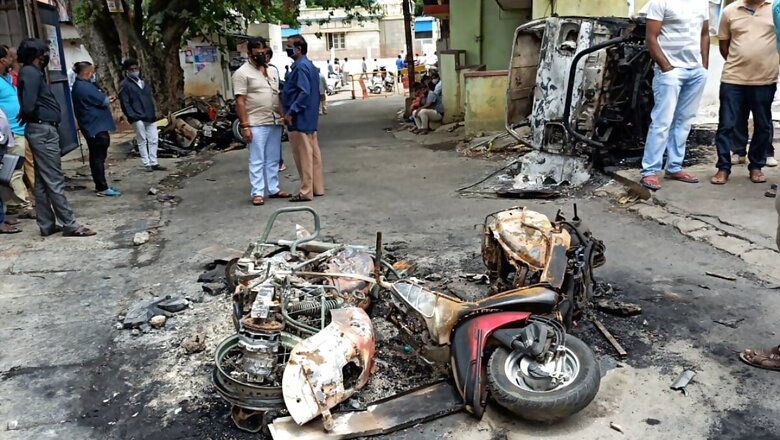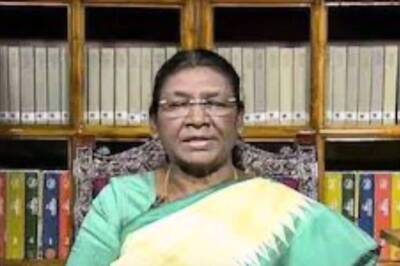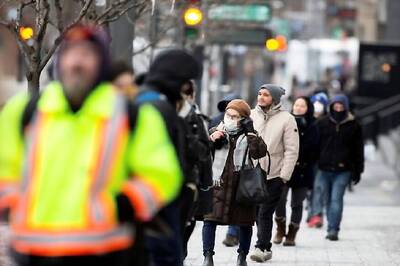
views
As an investigation progresses into the mob violence on the night of August 11 in Bengaluru, the spotlight has fallen on the Socialist Democratic Party of India (SDPI).
A third member of this organisation was arrested on Thursday.
This comes after two others, including Muzammil Pasha, the Bengaluru district secretary of the SDPI, was arrested on Wednesday.
Three people were killed in police firing in east Bengaluru on Tuesday night as a mob attacked a police station and targeted a Congress MLA’s house after a relative of the legislator put out a social media post with alleged derogatory references to Islam.
"As per the information gathered so far and video footage, most importantly the role of SDPI is coming to light. We are collecting more information regarding it; we are investigating deeply in this regard," Karnataka home minister Basavaraj Bommai told the media on Thursday.
Many in the Bharatiya Janata Party (BJP), including ministers, are calling for a ban on the SDPI now, after its suspected involvement not just in the Bengaluru riots but also in the Mangaluru violence six months ago over the Citizenship Amendment Act (CAA) as well as the riots in Padarayanapura in the state capital in April when it was declared a containment zone with rise in Covid-19 cases.
BJP MP Shobha Karandlaje, who visited the riot-torn areas, told News 18 that she feels the government must ban both the Popular Front of India (PFI) and the SDPI.
"This is not the first case of the PFI and SDPI doing all this. They have done this in Mangaluru where they attacked a police station. In Mysuru they attacked Tanveer Sait, in Bengaluru during the Covid-19 lockdown they started violence in Padarayanapura . In KG Halli again they attacked police," she said.
SR Vishwanath, political secretary to Karnataka chief minister BS Yediyurappa, voiced similar demands.
"PFI and SDPI are both terrorist organisations. Muslim leaders must stop being silent and react to this," he told News18.
What further lends credence to the suspicion is that over 1,500 people gathered with weapons to attack a police station, within an hour.
So let's take a look at who the SDPI are.
It's a political party launched in 2009.
And how did they start?
When the Students Islamic Movement of India (SIMI) was banned, the members disbanded and floated other groups.
One of them was the radical Indian Mujahideen in which the Bhatkal brothers were members. It was a terrorist organisation.
Other members formed more moderate organisations, in Kerala, Karnataka and Tamil Nadu . For instance, in Karnataka they formed the Karnataka Forum for Dignity.
But some of the members and organisations also united under the Popular Front of India.
The political face of these organisations was the SDPI, which has presence in six states. It has fought elections in Karnataka, Tamil Nadu, Andhra Pradesh, Kerala, West Bengal, and Delhi.
Initially, it fought local-level polls like panchayat and corporation elections. Later, from 2013, it has contested selected seats in assembly and Parliament elections, too. The SDPI has not won any seats though.
Demands of its ban
In Bengaluru, a serving IPS officer says, the SDPI had its roots in KG Halli, which was the centre of violence on August 11.
"In Karnataka, the SDPI is active mostly in Mangalore, Mysore and Bengaluru. When it set up base in Bengaluru over a decade back, it was in KG Halli that its operations began," He told News18 on condition of anonymity.
So why not ban it?
If the SDPI is indulging any criminal activities, why then is the government not banning it?
Efforts have been made even during the previous Congress government in Karnataka to ban it, but either there were legal hassles that led to delay or some kind of pressure that made the government develop cold feet.
Now, with the BJP in power in the state and the Centre, what is stopping a ban?
It's not that easy, says Home Minister Basavaraj Bommai.
"SDPI is a political party. There are a set of rules and a process that goes into banning any organisation. A lot of proof has to be given to the Home Ministry at the Centre. It is a tedious process, but it is on," Bommai told News18.
There have been efforts by other states that have tried this, but the effort had been either improper or incomplete. Those states had thus failed in getting it banned, Bommai says.
Home Department sources say it may be easier to ban the Popular Front of India, an ideological organisation; but to ban SDPI as a political party would mean that the Election Commission too would have to be approached for this.
"We need strong evidence to show that the members who are active in this are the same who were active in proscribed organisations like the SIMI. We need to gather strong evidence of criminal activity, even information like how their activists have jumped bail and derailed the process of law. We will do it," a department official said.
The Congress is against the SDPI as a political force, as the latter is eating into its minority vote bank.
There were attempts to ban it even earlier but the previous Congress government, despite starting the process, was not able to complete it — perhaps legal issues, perhaps under some pressure. Why it didn't follow through is not clear.
"In every constituency, about 1,000 to 2,000 votes of the minority communities were going to the SDPI," said retired IPS officer Gopal Hosur, who has served in executive posts in coastal Karnataka and Bengaluru where the SDPI is most active.
In closely contested elections, where victory margins have been as low as 300 or 400 , these votes have mattered a lot. It perhaps hit close to home in Mysuru where the Congress's Tanveer Sait won in the Narasimharaja constituency in 2018, but the SDPI's Abdul Majeed emerged third in the race.
Sait was, last year, brutally attacked at a public event. Those arrested in the case were also allegedly linked with the SDPI.
On a political level, the BJP gains if the SDPI contests elections, because in every constituency the SDPI is able to cut Congress votes.
What may have led to recent instances of unrest and violence, it is felt, may be the fact that the controversial organisation has been unsuccessful in its campaigns against the CAA, diluting of Article 370, etc. These events may have been simmering.
The social media post was just a trigger point.




















Comments
0 comment